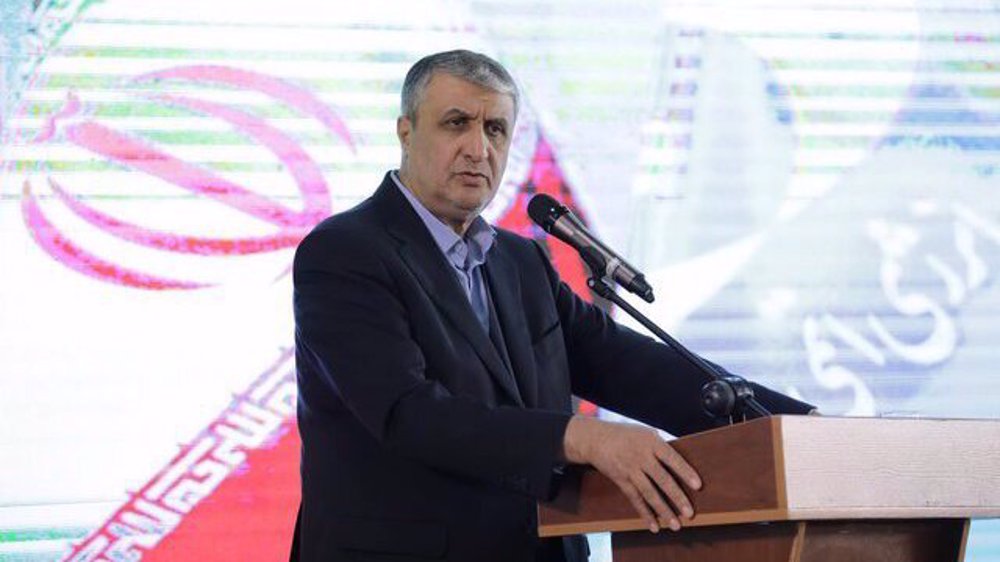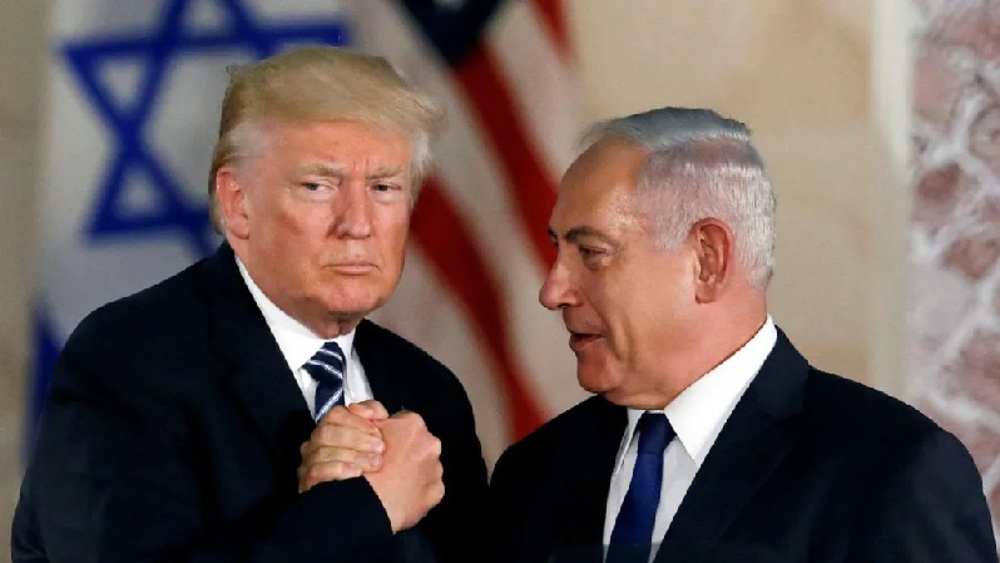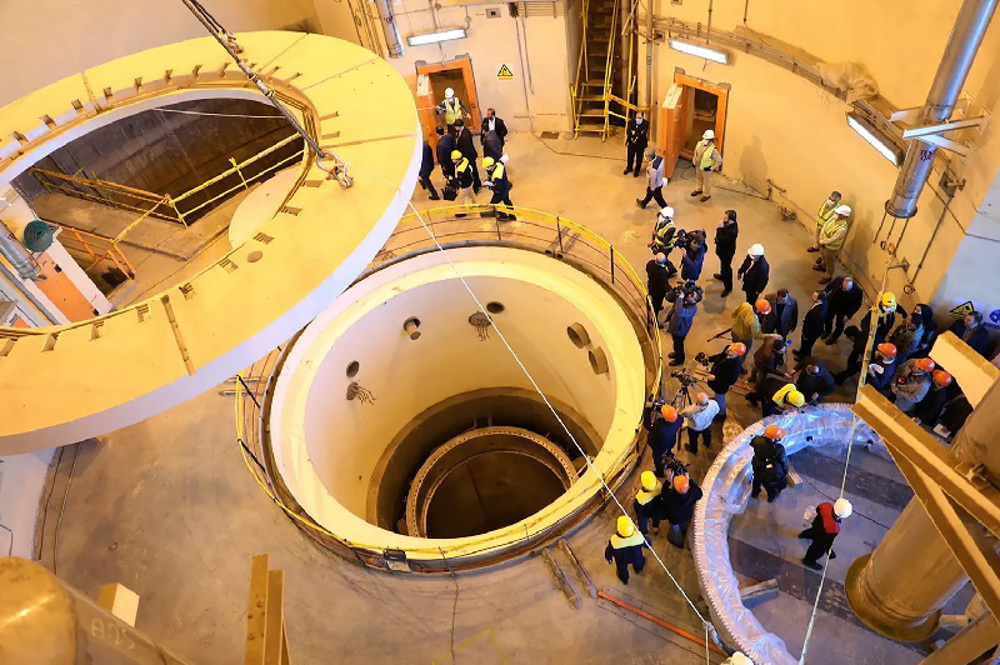US blackmailing EU on Iran nuclear deal: Russia
US President Donald Trump is blackmailing members of the European Union that are signatory to the 2015 Iran nuclear deal, Russia's envoy to the bloc has warned.
"It is difficult to consider Trump’s recent statements as anything other than an attempt to blackmail the European participants in the deal," the Russian envoy, Vladimir Chizhov, told the country's TASS news agency on Wednesday.
Earlier this month, Trump signed his third sanctions relief for Iran as part of Washington's commitments under the nuclear accord, known as the Joint Comprehensive Plan of Action (JCPOA).
The multilateral agreement, also signed by the UK, France, China, Russia and Germany, removes all nuclear-related sanctions against Iran in exchange for certain limitations on its peaceful nuclear program.
The American head of state, who has called the agreement "embarrassing" for Washington, warned EU signatories that he was giving them "a last chance" to join the US in "fixing significant flaws in the deal."
"No one should doubt my word,” Trump said, warning the European leaders that he would take the US out of the deal if they fail to meet his expectations by May, when the waiver expires.
The remarks drew criticism from German, French and British officials, who have asked Trump to refrain from any action that would harm the landmark deal.
When asked whether there were any indications that the three EU members were caving in to Trump's pressure, Chizhov's answer was negative.
"There are no clear signs that the European members of the six-party group have changed their position seeking to support the US," the Russian envoy said.
Officials from France, Germany and the UK have been working with US Secretary of State Rex Tillerson to explore different options to keep the deal in effect.
Speaking at a news conference next to his American counterpart, UK Foreign Secretary Boris Johnson said Monday that they were trying to find a way to address Trump's demands about Iran's development of ballistic missiles.
The US president claims that Iran’s development of ballistic missiles for defensive purposes is in breach of a UN Security Council resolution that endorses the JCPOA.
Iran, however, has time and again made it clear that its missile capabilities are purely defensive in nature and are not up for negotiation.
Johnson said Monday that addressing this issue gives the two sides more time to address Trump's bigger gripe with the deal; that the JCPOA-related restrictions would expire next decade.
Trump's claims about Iran's violation of the JCPOA go against many reports by the International Atomic Energy Agency (IAEA) that have all verified Iran’s adherence to the terms of the deal since January 2016, when it took effect.
Gaza’s civil defense says 8,000 bodies of genocide victims remain under rubble
Iran: Israeli violations main obstacle to peace, security in Syria
Indian author pulls out of Berlinale over jury’s ‘unconscionable’ refusal to comment on Gaza
Bangladesh Nationalist Party secures victory in general election
VIDEO | British High Court rules against ban on Palestine Action Group
Tehran urges ‘serious’ revision in EU ‘unconstructive’ approaches
Hamas slams Israeli settlers’ ‘criminal aggression’ in West Bank
VIDEO | Press TV's news headlines












 This makes it easy to access the Press TV website
This makes it easy to access the Press TV website